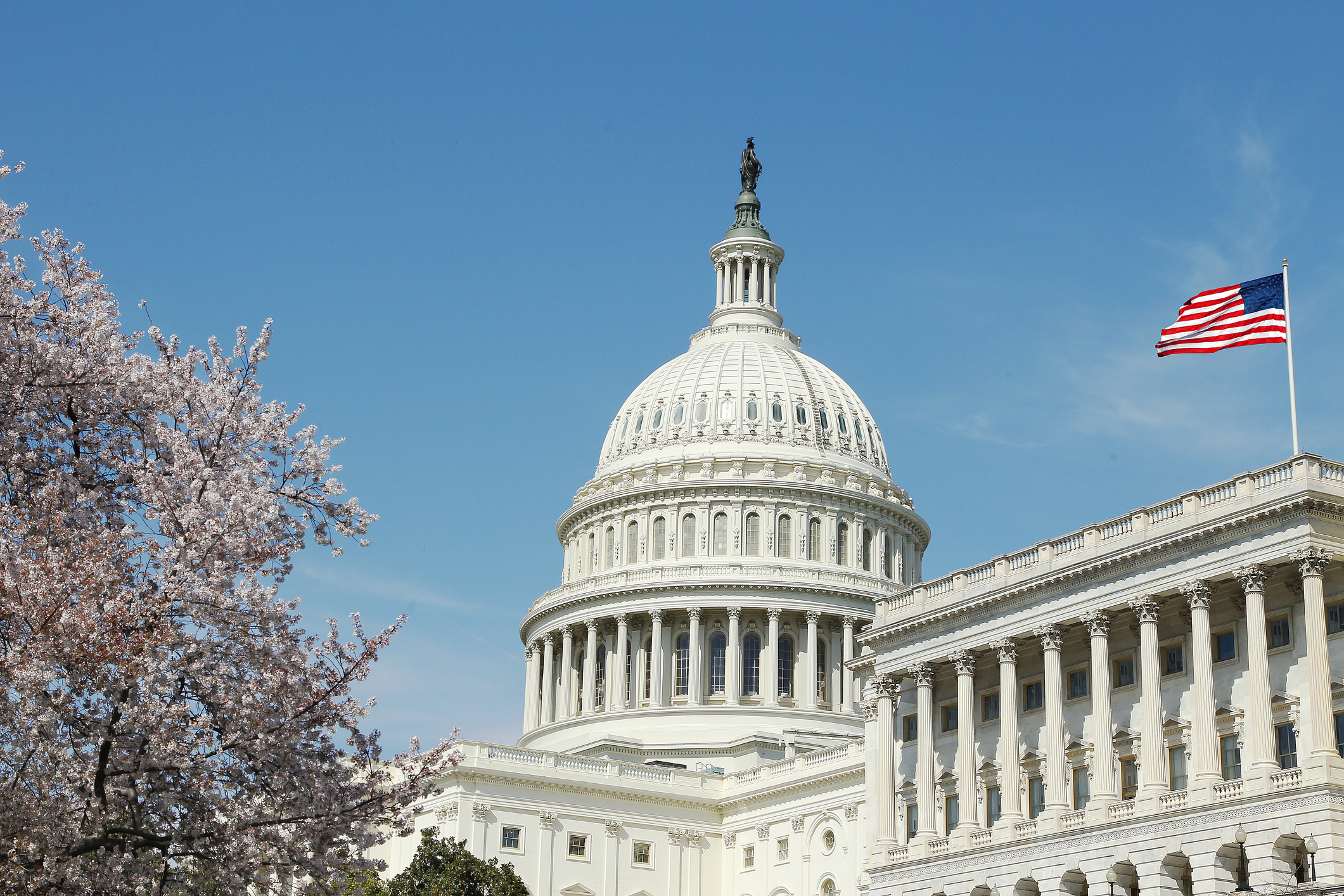
Regulatory agencies’ budgets a focal point in negotiations over government spending.
President Obama’s FY 2012 budget proposal, released earlier this week, calls for a five-year freeze on non-security discretionary spending which will affect the work of many federal regulatory agencies. The budget proposal, a starting point for negotiations with Congress, calls for decreasing or holding steady funding for nearly all agencies.
The president released his FY 2012 budget proposal just as Congress heatedly debates a continuing appropriations bill to determine funding for the federal government through September, the end of FY 2011. On Saturday, the House approved a continuing appropriations bill that would cut over $60 billion in government spending over the next seven months. The House bill also targets regulation in a number of ways. For example, it would cut funding of the Environmental Protection Agency by nearly a third as well ask prohibit the agency from using any funds to take action to control greenhouse gas emissions from factories, power plants, and other stationary sources.
The House continuing appropriations bill is at the center of a political tornado moving through Congress, fueling concerns of a government shutdown if the Republican House, Democratic Senate, and President Obama cannot come to agreement before March 4th. Only after Congress survives this continuing appropriations process for FY 2011 will it turn to considering the President’s proposal for the FY 2012 budget.
Under the president’s proposal, the Department of Agriculture’s budget would decrease by $3.2 billion to a total of $23.9 billion, $6.5 billion of which would be designated for renewable and clean energy projects. Funding for the Department of Commerce would decrease by $5.1 billion, and the Department of Housing and Urban Development would experience $1.1 billion of cuts to its net spending.
Some agencies’ budgets would not change much. The Department of Education’s budget stay essentially the same, increasing from $14.5 billion in 2010 to $14.8 billion in 2012. The budget for the Department of the Interior would also remain roughly unchanged.
For a few agencies, spending would increase modestly. The Department of Energy’s budget would increase by 12% over 2010 levels, including a $2 billion increase for the National Nuclear Security Administration. Funding for the Department of Veterans Affairs would increase by 10.6% to help it meet the health care needs of veterans. Funding for the Department of Health and Human Services – the agency charged with implementing the new health care reform legislation – would increase slightly.
According to recent national survey by the Pew Research Center, fewer Americans favor increasing federal spending today than they did even a year ago. Only for education and veterans’ benefits and services do a majority of Americans favor increasing federal spending.



